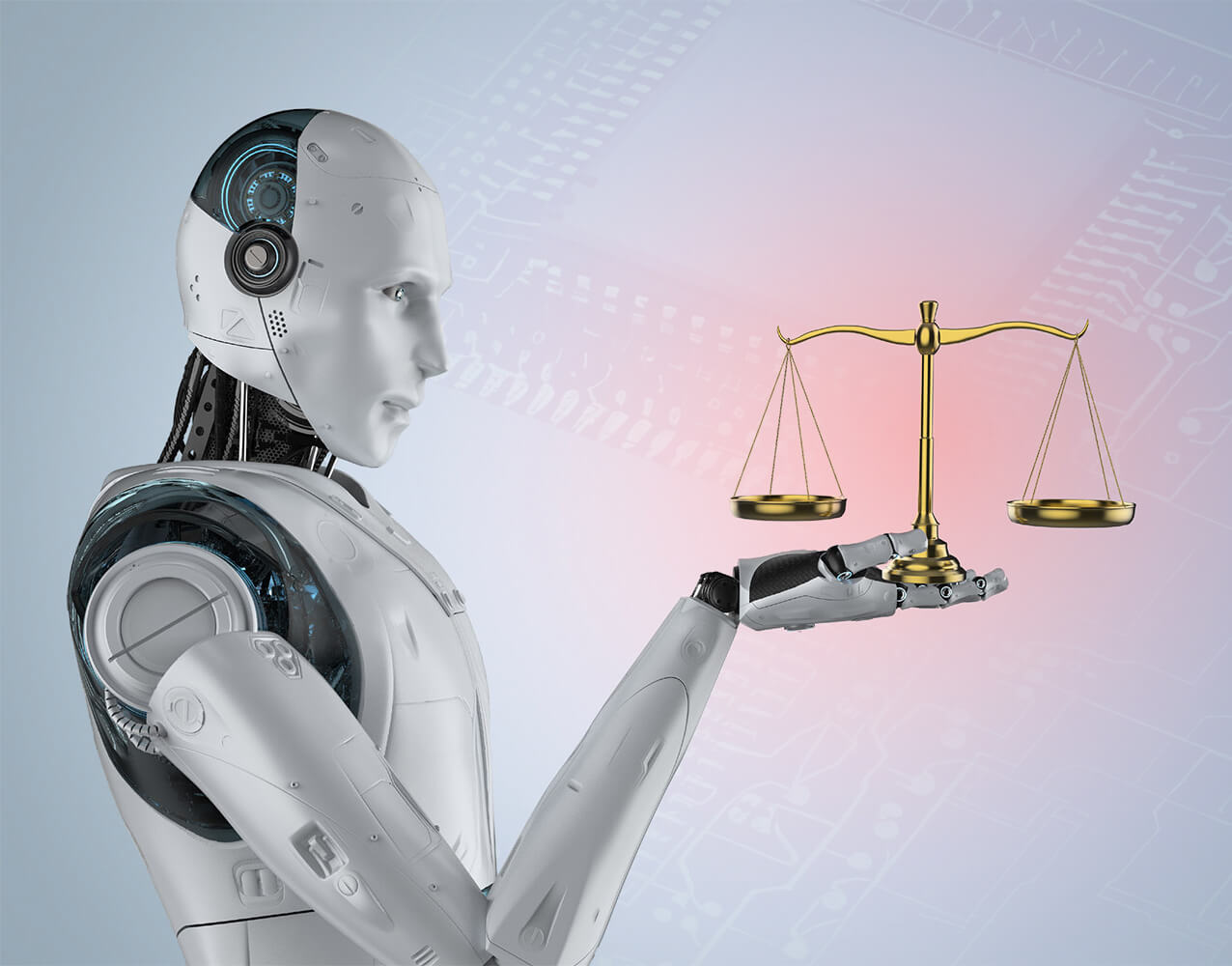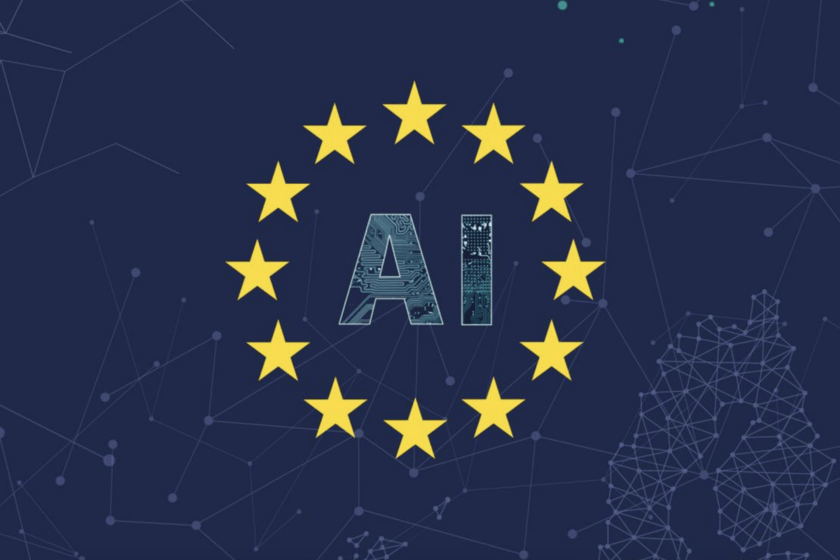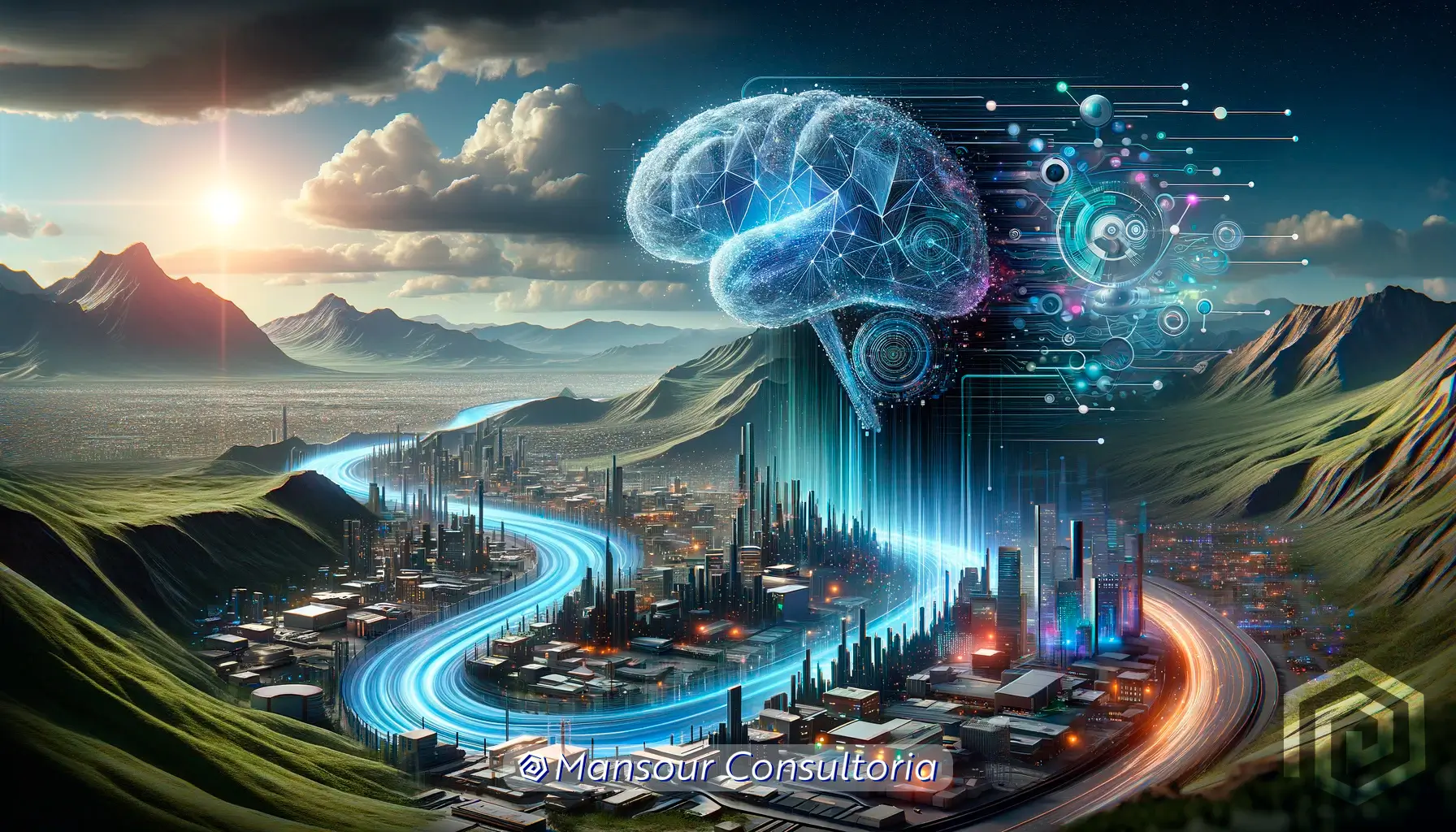
The Impact of Artificial Intelligence and Smart Cities
The rapid evolution of technology has brought about numerous transformations in our society. Two areas in particular have stood out: artificial intelligence (AI) and smart cities. These technologies promise to improve the quality of life, boost efficiency and revolutionize the way we interact with the world around us. However, these advances also present significant challenges for current legislation. In this article, we will explore the impact of AI and smart cities on legislation, discussing the challenges and opportunities that arise in this context.
AI and its legal implications
Artificial intelligence refers to the ability of machines to perform tasks that would normally require human intelligence. With advanced algorithms and incredible processing power, AIs are being applied in various sectors, such as healthcare, transportation, finance and security. However, these applications carry with them important legal implications. Issues related to privacy, security, liability and ethics emerge as AIs become increasingly ubiquitous.
A key aspect to be considered is the training of neural networks, a fundamental process for the development of AI systems. Training neural networks involves exposing the algorithm to large volumes of data in order to learn and improve its performance. However, concerns arise about the source and quality of these data, as well as the possibility of bias and discrimination. Legislation needs to address these issues to ensure transparency, impartiality and the protection of individual rights.

The legal implications of using AI
The General Framework of Artificial Intelligence
In order to face the challenges imposed by AIs, some countries have implemented specific legislation. A notable example is the General Framework for Artificial Intelligence, which establishes guidelines and principles for the development and responsible use of AI.
This Framework aims to ensure transparency, responsibility, security and ethics in the application of AI. It defines the criteria and requirements for the use of AI systems in different sectors, including the need for explainability, the auditing of algorithms and the protection of personal data. In addition, the General Framework for Artificial Intelligence seeks to prevent discrimination and promote fairness in automated decisions.
The implementation of a specific legal framework for AI is an important step towards dealing with the legal and ethical challenges that arise with this technology. However, it is essential that the legislation is adaptable and evolves along with advances in AI, so that it can face the new challenges that will arise in the future.

General Framework of Artificial Intelligence
Smart cities and the need for new legislation
Smart cities are urban environments that integrate advanced technologies to improve citizens’ quality of life. Sensors, communication networks and data analysis are used to optimize resource management, improve mobility, promote sustainability and increase safety. However, the deployment of these technologies also raises legal issues.
Large-scale data collection in smart cities requires robust privacy and security protection measures. Citizens need to be assured that their personal information is being handled appropriately and will not be misused. In addition, the use of automated decision-making systems, such as smart traffic lights or surveillance systems, requires regulation to prevent abuse and ensure that there is no discrimination or violation of fundamental rights.

Smart City
The Role of Legislation in the Age of AI and Smart Cities
To face the challenges brought by AI and smart cities, legislation needs to adapt and keep up with technological advances. It is essential to establish clear guidelines and responsibilities to ensure security, privacy and ethics in the application of these technologies.
Specific regulations on data protection, privacy and cybersecurity are needed to address the growing concerns around AI and smart cities. In addition, legislation should establish ethical standards for the application of AI, promoting transparency, equity and accountability in automated decisions. However, governments must also encourage collaboration between the public and private sectors, as well as civil society participation, to ensure that legislation is comprehensive and effective. This involves sharing knowledge, exchanging good practice and creating appropriate oversight mechanisms.
In short, as artificial intelligence and smart cities continue to shape our world, it is essential that legislation keep pace with these advances. Protecting individual rights, ensuring safety and promoting ethics are key elements that must be addressed. The implementation of specific legal frameworks, such as the General Framework for Artificial Intelligence, is an important step towards addressing the legal and ethical challenges that arise with AIs. Only with adequate and adaptable legislation can we reap the benefits of these innovations while protecting our society’s core values.
Use of neural learning to monitor possible problems in freight transport on highways.
Sources and references:





